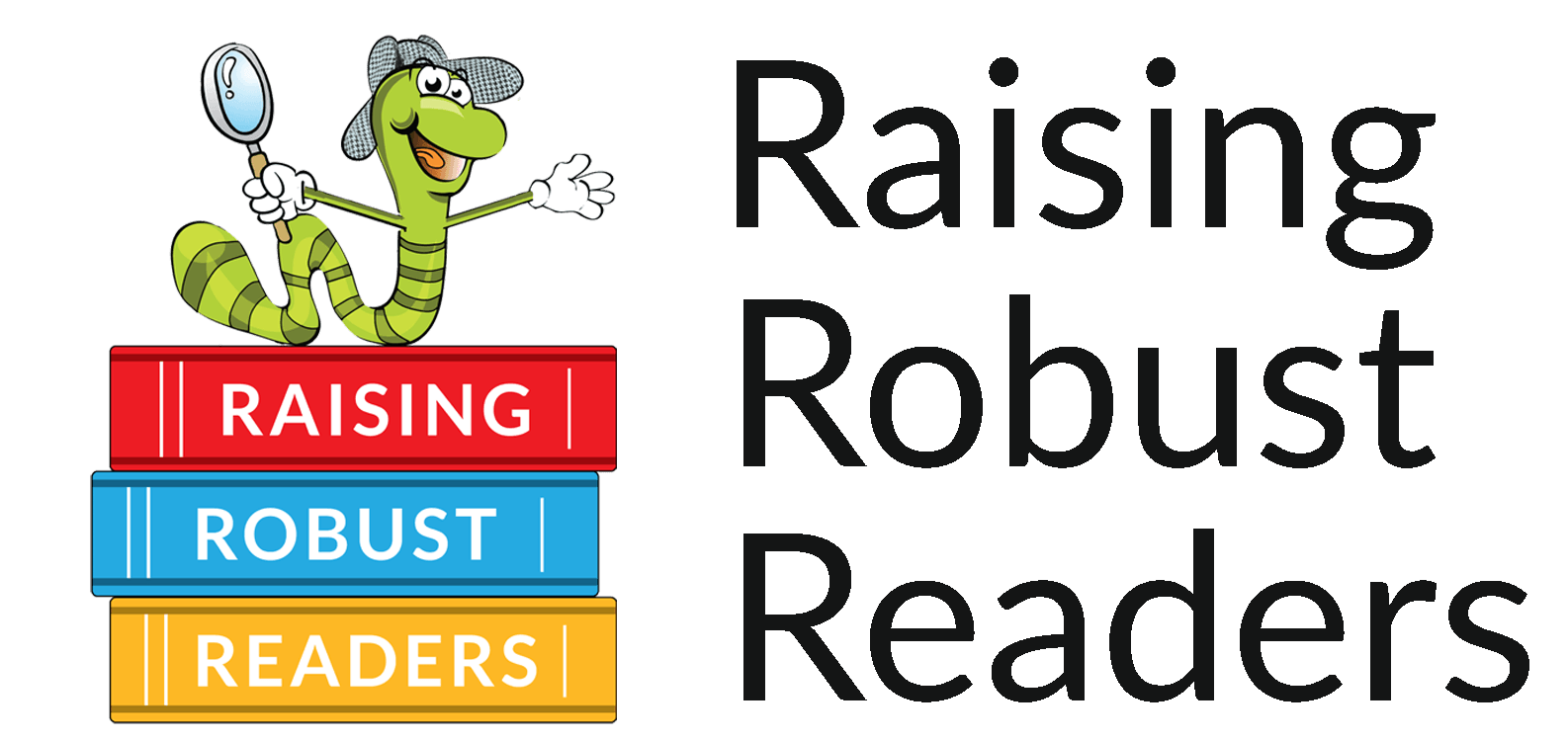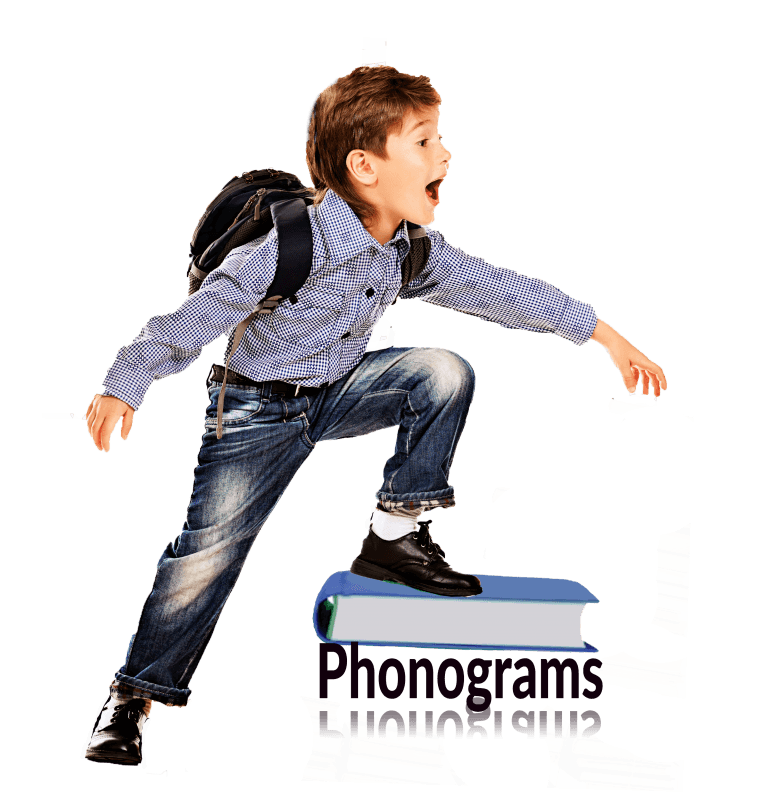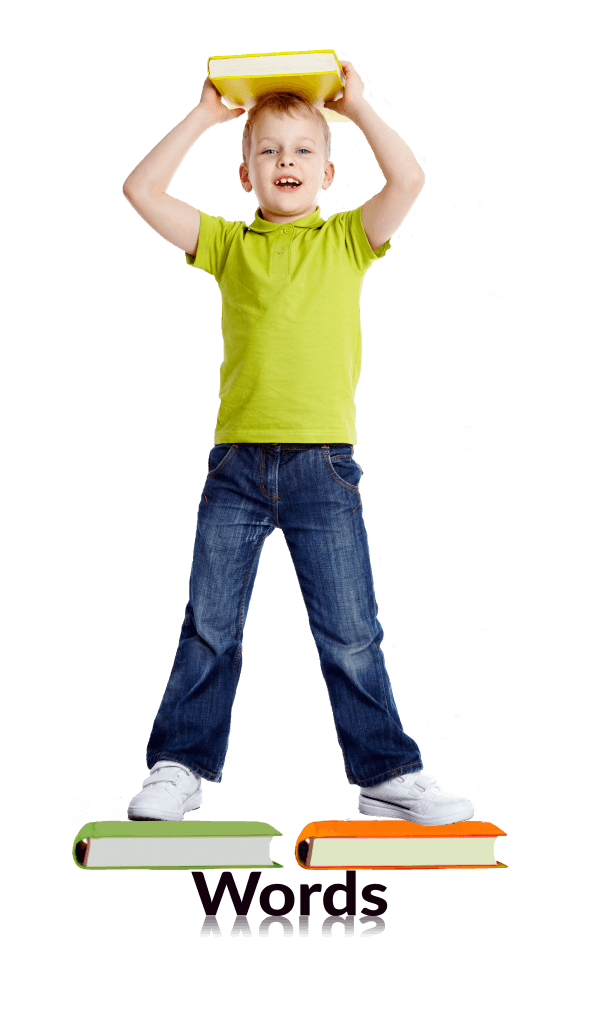
Raising Robust Readers truly believes that the most effective way to teach or improve reading and spelling is to teach the English code with our multi-sensory reading program, incorporating all aspects of the components of literacy, and PLAYING your way to reading!
Our course and engaging materials, free of textbook jargon, are used by teachers, therapists and tutors. But we designed the course so parents, volunteers and all caring adults who want to help children learn to read can effectively do so.
What Sets Us Apart?
With our multi-sensory reading program, you will teach your child or student auditory, visual, tactile and kinesthetic modalities, simultaneously, through songs, gestures and play. Our sequence of instruction is a carefully crafted departure from traditional approaches. We teach reading like math, in logical, sequential order. Blending begins very early so learners experience the joy of reading, not just saying sounds and recognizing letters. Each phase is designed in small successful steps from simple to complex; from sounds to syllables to words.
44 SOUNDS make
72 PHONOGRAMS
Take children beyond the alphabet to the world of phonograms. Phonograms show the 72 sounds in all the words we read. They may have 1 letter (the alphabet) or 2. 3 or 4 letter combinations; but only make one sound. Our multi-sensory songs, gestures and play-filled activities make them easy to learn and fun to teach.
72 PHONOGRAMS make
6 SYLLABLE PATTERNS
Understanding phonograms and the 6 syllable patterns is quite possibly the most important tool a child will ever learn. When children understand the six syllable patterns, they not only learn HOW to read a word, but WHY it is read that way. Our 6 Silly Syllables videos will show you how.
Prevention, Intervention & Acceleration
2/3rds of 4th and 8th graders, nationwide, are not reading at grade level.

Start with Sounds and Start Younger
Begin reading instruction with intervention, and all children will benefit. When you start younger, teaching in small, logical, sequential steps, you will accelerate early readers and may very well prevent children with a predisposition to dyslexia from ever manifesting reading failure. Traditional methods are failing many of our children. Catch them before they struggle or fail.

All Ages and All Stages
Raising Robust Readers can be used for all ages. It is simple, clear, child-friendly and free of textbook jargon. Instruction can be easily adjusted and adapted for all ages and ability levels. It is especially suited for children with dyslexia or Down syndrome. When using developmentally appropriate strategies, everyone may benefit — from babies to adults, and from strong readers to struggling readers.
The Raising Robust Readers Course:
Why Choose Our Course?
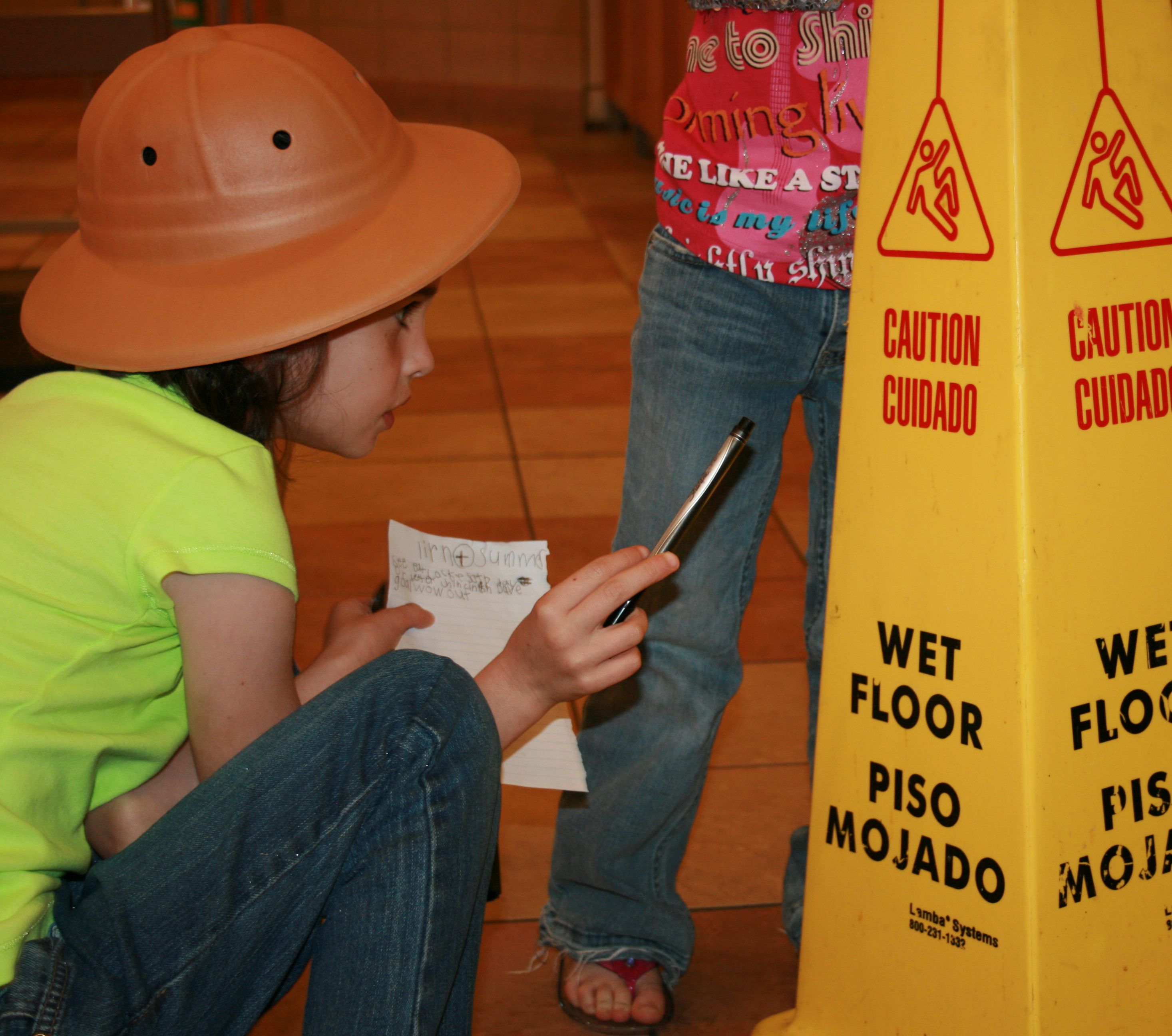
Research-Based + Fun-Filled Play
Raising Robust Readers incorporates the best practices of the National Reading Panel, the National Right to Read Foundation and the International Dyslexia Association. This multi-sensory, explicit and systematic instruction of phonics is at the core of our program. But, equally important, is the built-in, fun-filled play. Play promotes brain growth and creates an additional pathway to learning.

Designed With You in Mind
Don't be fooled by the notion that only 'trained professionals' can teach this multi-sensory reading program. We designed this course for parents, volunteers and all caring adults who want to help children learn to read. No more spending time teaching reading for 30 minutes across a table. When parents teach, and children learn, on the go wherever they go, the experience is easier, more enjoyable and more meaningful. The car, restaurants, supermarkets, the kitchen pantry and the doctor’s office replace stressful study sessions at desks and tables. The world is your workbook, and environmental print that is all around (signs, menus, etc.) is your worksheet.
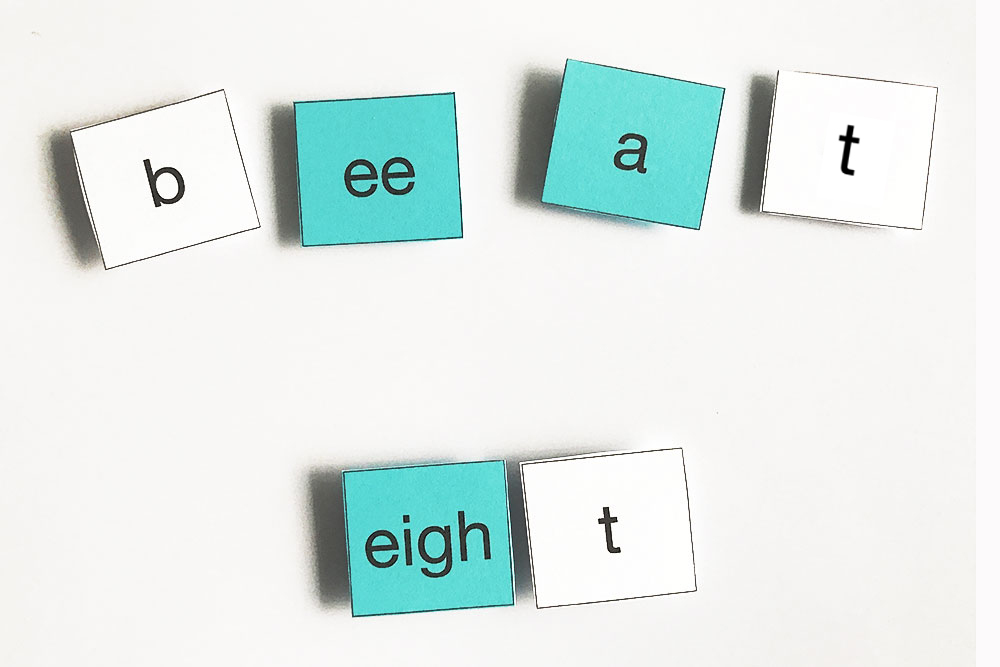
No Memorizing Sight Words
Sight words and whole word memorization may be detrimental to students who are struggling with learning how to read. Decoding words in the traditional letter-by-letter manner can have crippling results. Children are expected to memorize some 300 sight words when in fact most of them can be sounded out. Try sounding out ‘eight’ one letter at a time and pronounce the result. Now try explaining how that garbled sound equals ‘eight.’ The default solution is to make it a sight word. But there is a better way! With phonograms, the confusion, frustration and failure can be remedied, and your children will understand the WHY!

Answer the How and Why
Where is the a in eight? Where is the e in amphibian? Where is the f in elephant? How do I explain why we spell cat with a c and kitten with a k? Both start with the same sound. How do I explain why duck ends in ck and lark ends in k?
You may think that English is a crazy language and don't know how to answer those questions. But English is logical and sensible, and when you learn the reading code, you can easily explain it to your children and students.

"You can purchase a lot of things for your children.
But you cannot buy them self-esteem and confidence."
Stephanie
Mother of a child who used to struggle with reading before enrolling in the Raising Robust Readers Course
Robust Readers in Real Life:
Meet Sydney, a struggling reader, whose life has been changed with the Raising Robust Readers course.
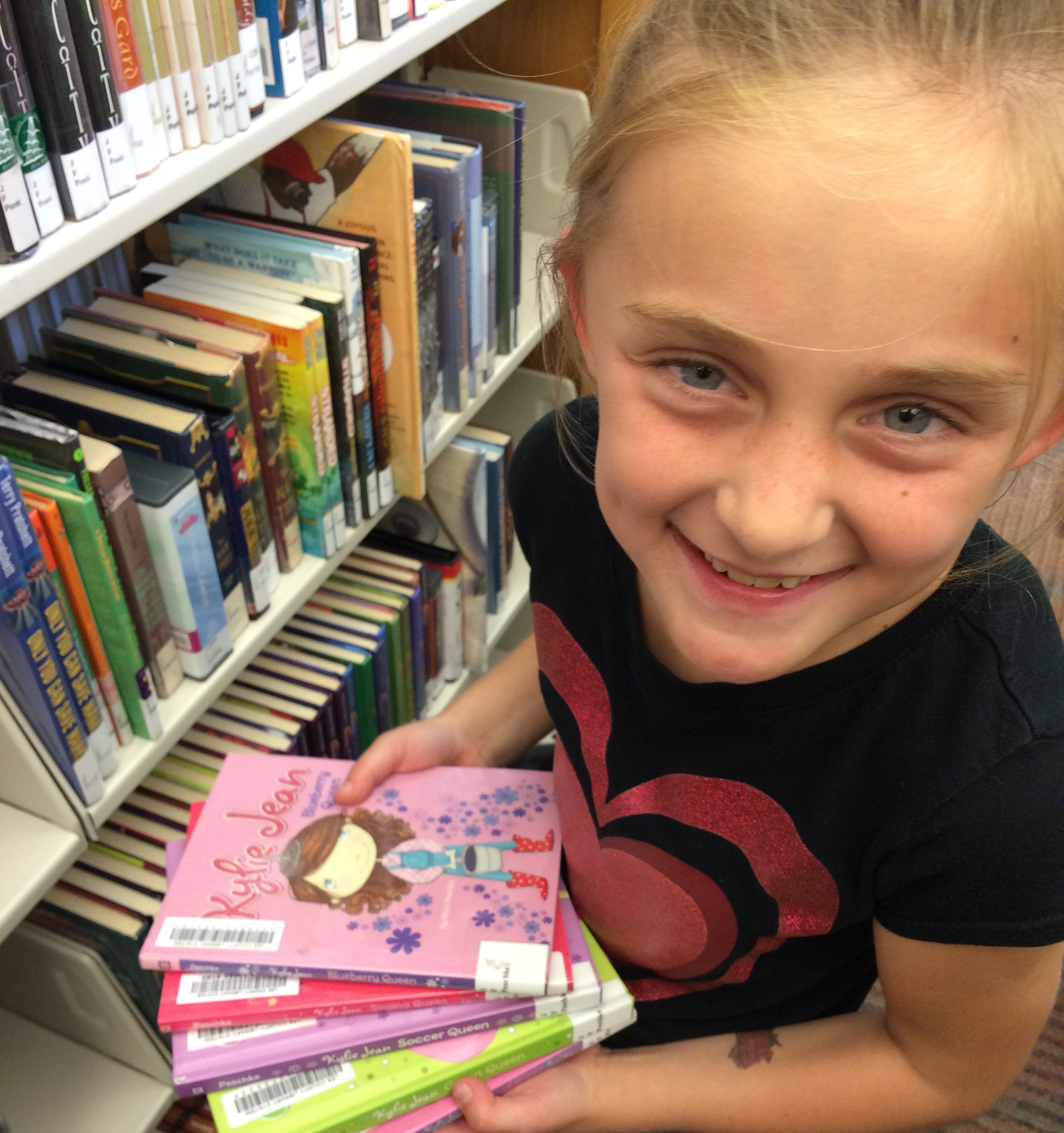
Sydney was struggling to memorize the 300 sight words that were required by her school in first grade and falling behind in her reading. Concerned, her mother enrolled her in Raising Robust Readers. After only three months, Sydney's reading level had improved to above grade level. She progressed so quickly that her teacher said "the results didn't even look real on paper!" Sydney's self-esteem and confidence started to soar along with her reading. Her one goal was to be able to "read a chapter book like the rest of her girlfriends." Mission Accomplished!!
Get Started on Your Way to Reading!
The Online Course with 18 step-by-step modules includes everything you need to teach your child how to read, including downloadable worksheets, fun-filled activities and more!
Easy for parents to learn and teach. Our online course videos guide you through the course, and show you the most effective methods to teach your child.
Uses the multi-sensory, research-based Orton-Gillingham approach
Course FAQs
What is phonemic awareness?
My junior high daughter was just diagnosed with dyslexia. Will this help her, or is it too late?
My Dyslexic son has 'typical' siblings. Is your program suitable for them as well?
My son is in a special education kindergarten class. I have been using your program with him at home with great success. The teacher uses sight words and consonant-vowel-consonant books. How can I get her to use phonograms?
When my older children were in pre-school, they learned the ABCs in order. You don’t teach them in order. Why?
How much time do I need to spend each day teaching reading?
I don’t feel qualified to teach reading. Won’t I be hurting my child?
Awards and Accolades

Authors Judy O’Halloran and Marilee Senior received a 2015 Moonbeam Children’s Book Award for literacy for “The ABCs of the Sounds We Read: Going Beyond the Alphabet to Discover the Reading Code.”
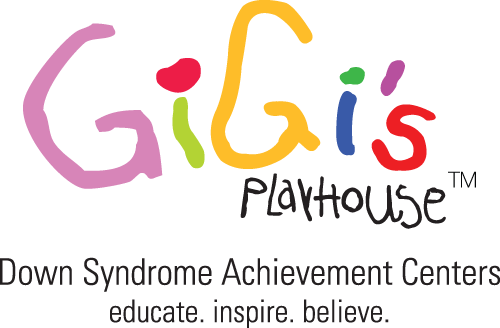
Raising Robust Readers has been chosen by GiGi's Playhouse Down Syndrome Achievement Centers to be used internationally with their literacy programs.
